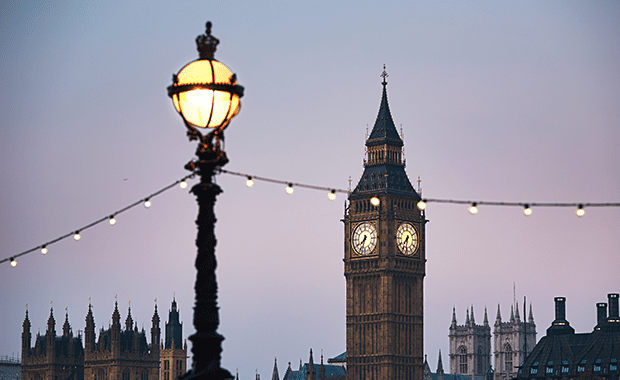Despite its scale and economic importance, government procurement is seldom the most exciting or newsworthy subject.
It hits the headlines only rarely and, when it does, it’s usually for the wrong reasons.
During the Coalition Government, for example, public procurement briefly led the news when an independent review – led by a successful retailer, renowned for his company’s tight cost controls – found that different parts of the public sector were paying vastly differing prices for the same basic goods and services.
For example, boxes of paper were found to cost between £8 and £73 while daily car rental varied from £27 to £117 – even within the same Mondeo-sized category. The review also criticised the lack of centralised purchasing, “poor negotiation” with major suppliers and the “shocking” state of procurement data, which was “both inconsistent and hard to get at.”
Some positive progress was made, especially in rationalising government buildings, but the review’s status was soon undermined by complaints about the tax arrangements of its author, Sir Philip Green – whose own business empire, starting with BHS, gradually began to unravel.
More recently, government procurement during the Covid pandemic attracted widespread criticism, with many items of personal protective equipment (PPE) proving to be high cost but low quality. Indeed, official figures show that PPE storage costs have recently been running at around £500,000 per day – even though many of the items have passed their expiry dates.
Over the coming months, government procurement policies are likely to return to their usual low public profile while, at the same time, attracting considerable behind-the-scenes attention in Westminster, Whitehall and the UK’s business community.
The reason is simple. After a Green Paper in 2020 and an extensive consultation process early last year, the Government finally announced, in the recent Queen’s Speech (10 May 2022), that it will be introducing its long-awaited Procurement Bill.
Its main aims are two-fold. First, to demonstrate that the Government is “taking back control” by creating a new procurement system that is simpler, more transparent and more attuned to UK’s particular needs than the previous regime – based on European Union directives. Accordingly, it is intended to form part of the “Brexit dividend” that Ministers need to demonstrate in the run-up to the next general election.
Second, it aims to provide a boost to UK businesses by making it easier for smaller firms and new market entrants to compete for – and win – public sector contracts. Plans include the creation of a single digital platform for supplier registration, so that a business needs to submit its data only once – rather than repeating the process whenever it’s interested in a competing for a public sector contract.
The stakes are certainly high as, according to the Government’s announcement, public procurement amounts to approximately £300 billion per year – “around a third of all public expenditure every year” – so some exciting opportunities could be created by the new system.
No one should be under any illusions, though. Neither the opportunities nor the “dividend” is likely to delivered any time soon. Not only are other proposals from the Queen’s Speech more politically pressing but the Government is committed to providing stakeholders with a six-month notice period, between the legislation being concluded and the new system going ‘live’, in the interests of effective implementation.
As a result, the change-over is unlikely to happen until some time next year, at the earliest. Given the sums involved, however, even a modest improvement in UK government procurement could mean that it’s well worth everyone’s wait.
GK Strategy will be monitoring the Procurement Bill’s passage through both Houses of Parliament and can advise on its contents, progress and any amendments to this important legislation.

